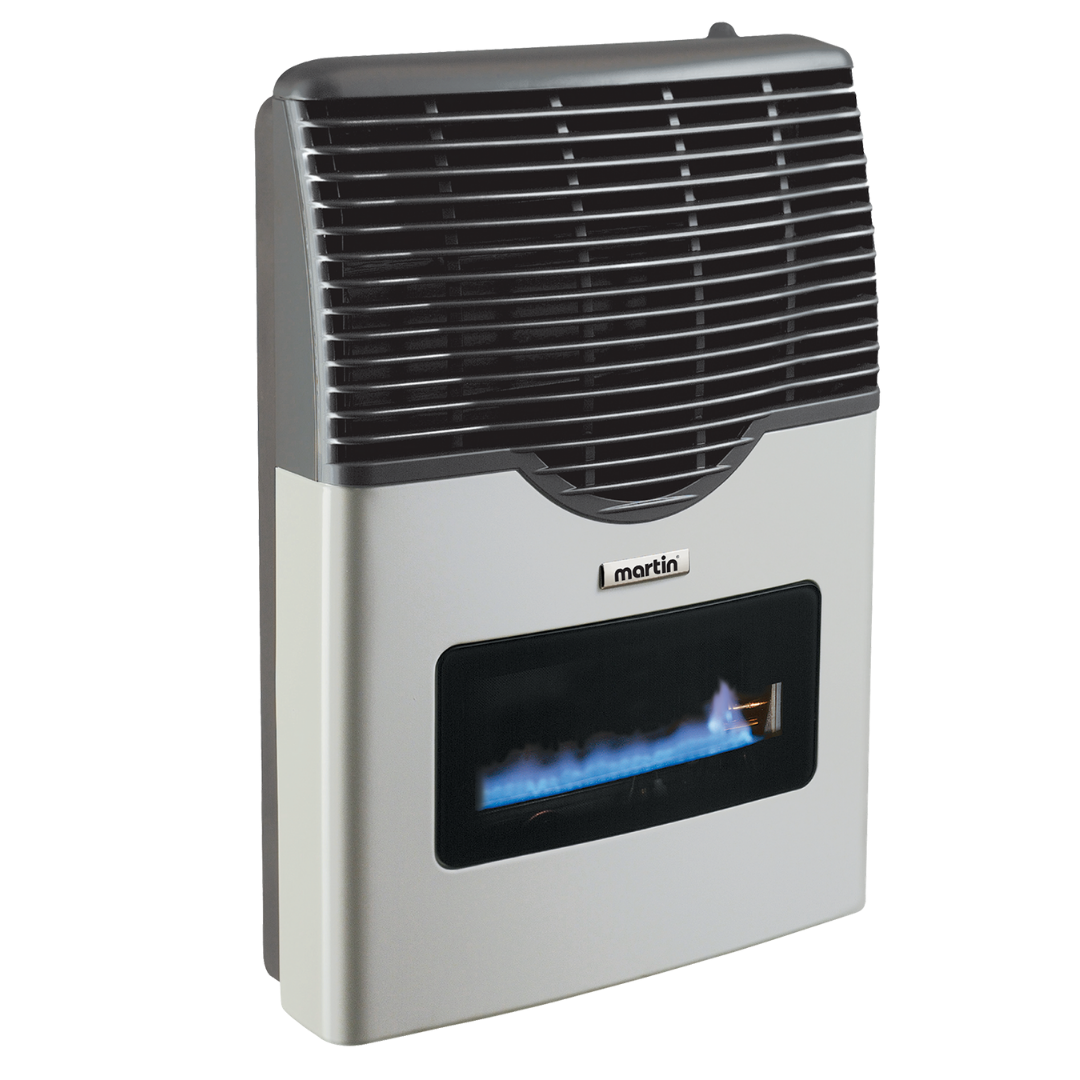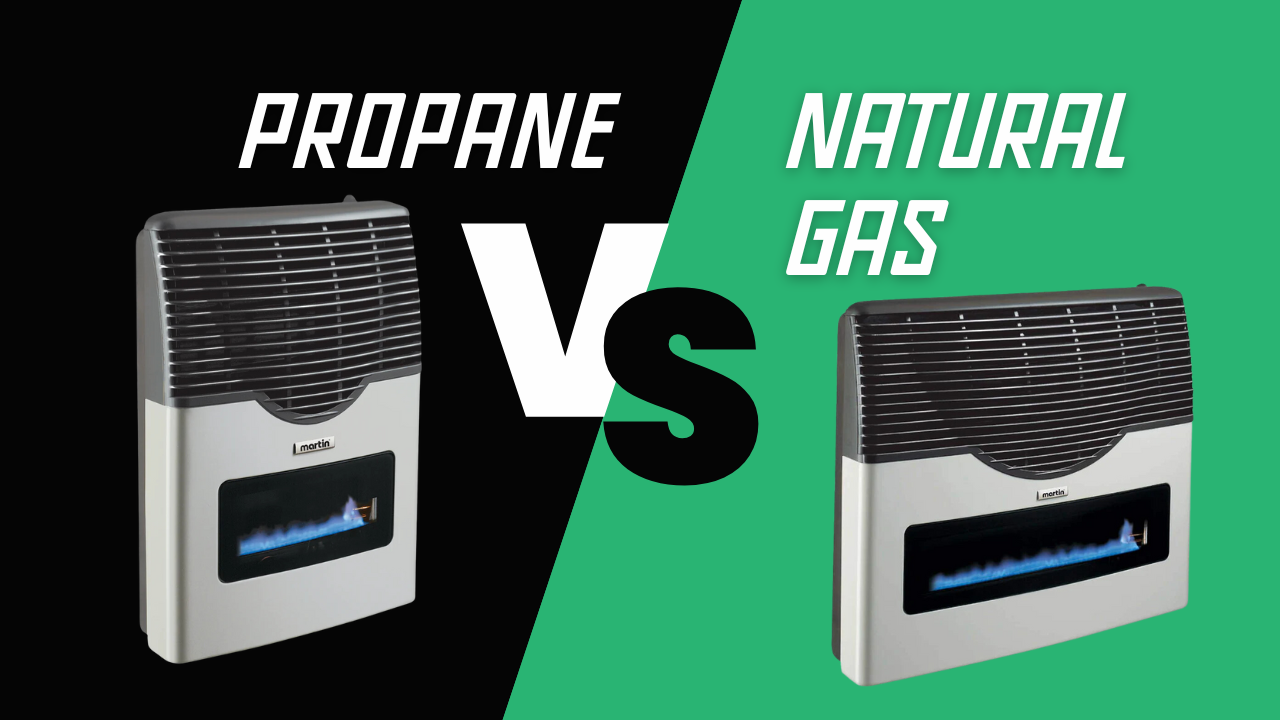Your Cart is Empty
TALK TO AN EXPERT: 1-844-945-3625
Menu
-
- Water Filter Systems
- Portable Solar Generators
- Propane Wall Heaters
- Composting Toilets
- DIY Buildings & Kits
- Canvas Tents
- Homestead & Off Grid Supplies
- Chicken Coops
- Harvest Right Freeze Dryers
- Emergency Food Kits
- Hunting Blinds
- MrCool DIY Mini Splits
- Solar Air Conditioners
- Solar Fridge & Freezers
- Camping Coolers
- Electric Coolers
- Overlanding Gear
- Two Person Cots
- Portable Sauna Tents
- Incinerating Toilets
- Dairy Equipment
- Coolers
- Faraday Defense
- EMP Shield
- Hunting Blinds
- Compost Tumblers
- Drip Irrigation Kits
- Shade Cloth
- Propane Fireplace
- Portable BBQ's
- Brands
- Chicken Coop Brands
- Composting Toilet Brands
- Solar Brands
- Food Storage Brands
- Freeze Dryer Brands
- Water Filtration Brands
- Incinerating Toilet
- Waterless Toilet Brands
- Heater Brands
- EMP Shield Brands
- Tent Brands
- Cot Brands
- Cooler Brands
- Dog Kennels
- Greenhouse & Gazebo Brands
- Portable Saunas
- DIY Shed Kits
- About Wild Oak Trail
- Resource Center
- The Ultimate Prepper & Emergency Survival Blog - Includes Free eBook
- Beginners Guide to Living off The Grid - Includes Free eBook
- Building Your Own Emergency Food Supply
- Best Survival Food to Be Prepared for Anything
- Berkey Lab Tests & Certifications
- Federal Solar Tax Credit - What You Need to Know
- BLOG
-
- 1-844-945-3625
- Login

TALK TO AN EXPERT: 1-844-945-3625
Propane Heaters vs. Natural Gas Heaters: Which Is Better?
by Patricia Turla 6 min read
As winter approaches, the last thing anyone wants is to be left in the cold. Maybe you’re sitting in a room wrapped in blankets, browsing through options for heaters, and planning ahead to replace an outdated system before the temperatures drop.
In residential and commercial heating, both propane and natural gas heaters will turn your frosty mornings into comfortable, coffee-sipping ones. Explore the pros and cons of each to identify which is the best Martin Propane Heater for your lifestyle and budget.
Summary
What Are Propane Heaters?
Propane heaters use liquefied petroleum gas (LPG) to generate heat. Ideal for outdoor spaces or large indoor areas without extensive installation requirements.
What Are Natural Gas Heaters?
Natural gas heaters use municipal gas supply lines for a continuous fuel flow. These heaters provide efficient heat through direct combustion, suitable for whole-house systems or smaller room heaters.
Comparison of Natural Gas and Propane Heaters
Propane offers higher heat output per unit. Natural gas is generally cheaper per unit, but regional price variations matter. Both are cleaner than coal and oil, with slight differences in emissions and sustainability. Both have risks, but proper safety measures can mitigate hazards.
Which Is Better for Your Needs?
Propane heaters are ideal for remote or off-grid locations due to portability and high heat output. Natural gas heaters are best for homes with existing natural gas lines for cost-effectiveness and continuous supply.
What Are Propane Heaters?

Simply put, a propane heater is a device that uses liquefied petroleum gas (LPG) to generate heat. These heaters burn propane, stored under pressure in a propane tank, to generate heat, which is then radiated into the surrounding area.
Common applications include heating outdoor spaces like patios or large indoor areas such as warehouses where other heating solutions might fall short due to installation restrictions or inefficacy.
Advantages of Propane Heaters
Picking propane produces the following advantages:
Ease of Installation
These heaters can be installed virtually anywhere, as they don’t require a fixed gas line. Be it moving an outdoor heater to different locations based on seasonal needs or setting up a heating unit in a new addition to your home without extensive installations, propane delivers.
High Efficiency and Rapid Heating Capabilities
When it comes to energy efficiency and heat output, propane heaters pack a punch. These heaters produce more heat per cubic foot of fuel than electric heaters and warm up spaces rapidly.
Availability in Remote Areas
For homes and facilities located away from municipal gas utilities, propane heaters are a game-changer. Unlike natural gas, which dissipates, propane can be stored in tanks and delivered to virtually any location, making it a priceless fuel source for remote or off-grid living.
Disadvantages of Propane Heaters
Although a propane heater comes with various benefits, it also has some disadvantages:
Cost Considerations
Despite propane being an effective fuel source, it generally comes at a higher price than natural gas due to various factors, including production and transportation costs. For those who use heating extensively, the price difference might be high over time.
Maintenance and Storage
Using a propane heater means regular maintenance is necessary. Propane in the storage tank needs to be refilled, and safely storing these tanks is necessary to avoid risks associated with leaks and exposure. Additionally, ensuring the heater and its connections remain in good working order is essential for safety and efficiency.
What Are Natural Gas Heaters?

A natural gas heater, as the name suggests, uses natural gas as a primary source to produce heat. These heaters are connected to the municipal natural gas supply lines, providing a continuous flow of gas. Unlike electric heaters that convert electricity into heat, natural gas heaters engage in direct combustion of the gas, offering a more efficient transfer of energy into heat.
In homes, natural gas is often found in the form of a natural gas furnace, which can heat the entire house through a network of ducts. Other common forms include smaller room heaters and outdoor heaters, ideal for patios and backyard gatherings.
Advantages of Natural Gas
The following are the advantages of natural gas.
Economic Efficiency
Natural gas is more affordable than propane, especially considering its lower per-unit energy costs. With that, natural gas heaters are a cheaper option for the same heat output, especially for long-term use where energy costs can add up.
Energy Supply
Being directly connected to underground natural gas lines, these heaters provide an uninterrupted fuel supply, eliminating the need for manual replacement or refilling, as seen with propane tanks. Not only does it add convenience, but it also enhances safety, as it minimizes handling of the fuel.
Cost-Effectiveness for Long-Term Use
For homes and businesses with high heating fuel demands, natural gas heaters are often more cost-effective over the long run. This efficiency stems not just from lower fuel prices but also from the high energy content of natural gas, which means you need less fuel to produce the same amount of heat compared to other fuels like propane.
Disadvantages of Natural Gas
While there are many upsides, a natural gas heater also has drawbacks, such as:
Installation Challenges
The initial setup for a natural gas heater can be cumbersome and costly. It requires professional installation, which includes extending natural gas lines to the desired locations.
Portability Issues
Natural gas heaters are also less portable compared to propane heaters. Once installed, they are typically fixed to one location due to their dependence on the gas pipe.
Comparison of Natural Gas and Propane Heaters

Below is propane heaters vs natural gas heaters comparison to help you make an informed decision.
BTU Comparison
Propane offers a higher BTU rating compared to natural gas, with propane producing approximately 91,500 BTUs per gallon, while natural gas delivers about 1,030 BTUs per cubic foot. Hence, propane gives more heat output.
Cost Analysis
The expense of operating propane and natural gas heaters depends largely on fuel prices, which can vary significantly by region. Generally, natural gas tends to be cheaper per unit than propane. For instance, the cost per BTU for natural gas is typically lower than that for propane, making it a more economical choice in areas where natural gas is readily available.
Regional Price Variations
Fuel costs fluctuate based on regional supply and demand. In areas where natural gas infrastructure is well-developed, a natural gas heater is usually the more cost-effective option. Conversely, in rural areas or places without an extensive natural gas line, propane might be the preferred choice despite its higher per-unit cost due to its availability and ease of transportation in a propane tank.
Environmental Impact Considerations
When it comes to environmental impact, both propane and natural gas are considered cleaner-burning fuels compared to coal and oil. However, both have distinct differences:
-
Emissions: Natural gas produces slightly less carbon dioxide per unit of heat generated compared to propane. However, propane is a more eco-friendly option as it is considered an LPG and produces fewer greenhouse gases overall.
-
Sustainability: There is now a renewable propane, which can further reduce its environmental footprint. Natural gas, primarily methane, can be derived from renewable sources, but the infrastructure for this is still developing.
Safety Considerations
Safety is an essential factor when comparing propane and natural gas. Both have risks but also have safety measures that can mitigate potential hazards.
-
Propane Safety: Propane is stored in a tank and can pose a risk of leaks, which could lead to fire hazards. Ensure proper maintenance and regular inspections of the propane tank. Additionally, propane is heavier than air and can accumulate in low-lying areas, which requires careful monitoring.
-
Natural Gas Safety: Natural gas dissipates quickly, reducing the risk of explosive concentrations. However, gas leaks can still occur, posing risks of fe and carbon monoxide poisoning. Ensure to have a proper ventilation, gas leak detectors, and regular maintenance of natural gas appliances and lines.
Which Is Better for Your Needs?
Choosing between a propane heater and a natural gas largely depends on your specific needs.
When to Opt for a Propane Heater?
Propane heaters are an excellent choice for several specific situations:
-
Remote or Off-Grid Locations:Unlike natural gas, which requires a fixed pipeline, propane is stored in a tank and easily transported. Propane offers high heat output, making it effective even in the most isolated settings.
When to Choose a Natural Gas?
Conversely, natural gas is suited for different types of environments and needs:
-
Established Lines of Natural Gas: When your home is already equipped with natural gas, opting for a natural gas heater makes sense. These systems are connected to an uninterrupted supply, eliminating the need for regular replenishment of fossil fuels, which is a common concern with propane tanks.
Conclusion
Choosing between a natural and propane heater largely comes down to individual needs and circumstances. For those in areas without lines of natural gas, propane offers a versatile alternative. In regions where natural gas is easily accessible, it might provide a more cost-effective and convenient solution. Both options promote a clean burning fuels approach compared to traditional fuels, making these heaters worthy of consideration for anyone looking to upgrade.

Have any questions or would like to place an order? We'd love to help! Chat with our friendly customer service team by calling 1-844-945-3625, chatting in on our website or email us at customersupport@wildoaktrail.com. We look forward to hearing from you!
Leave a comment
Comments will be approved before showing up.
